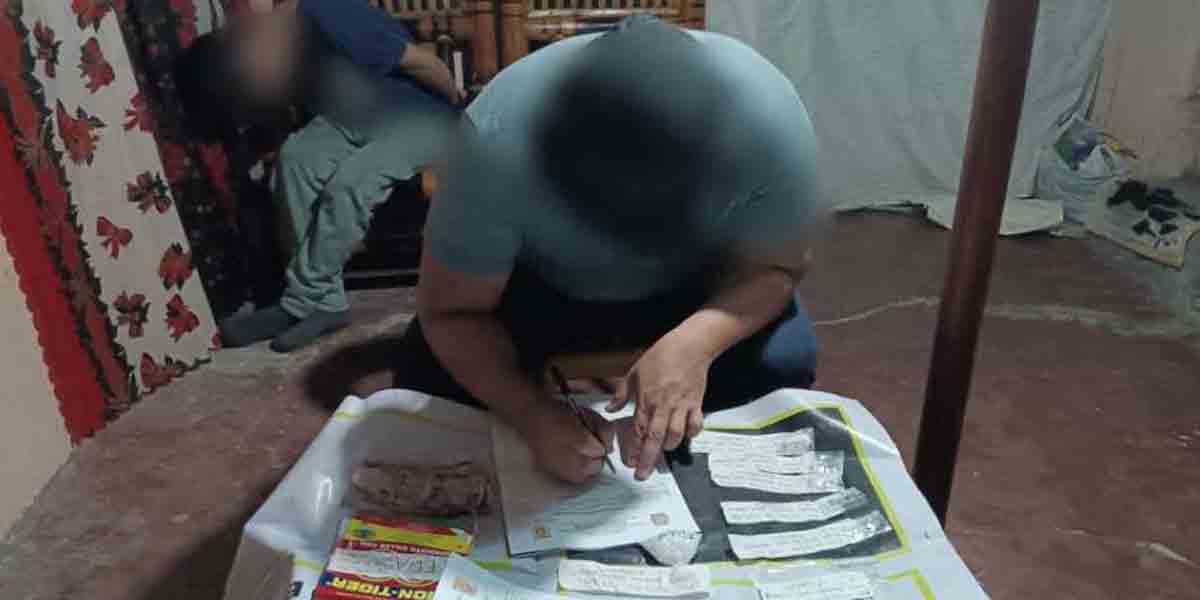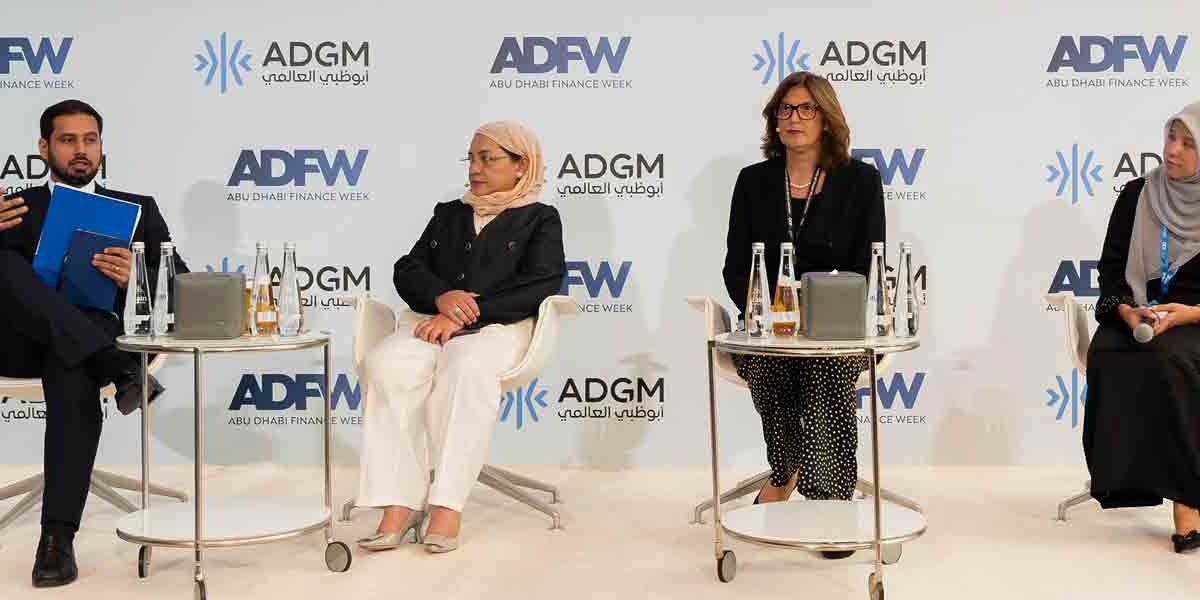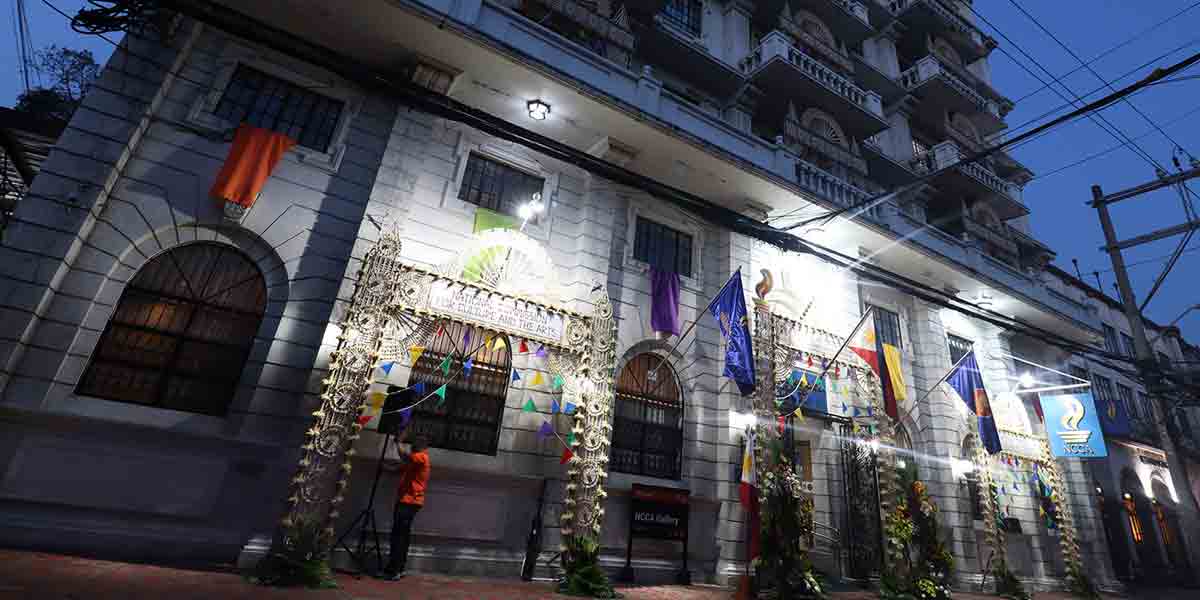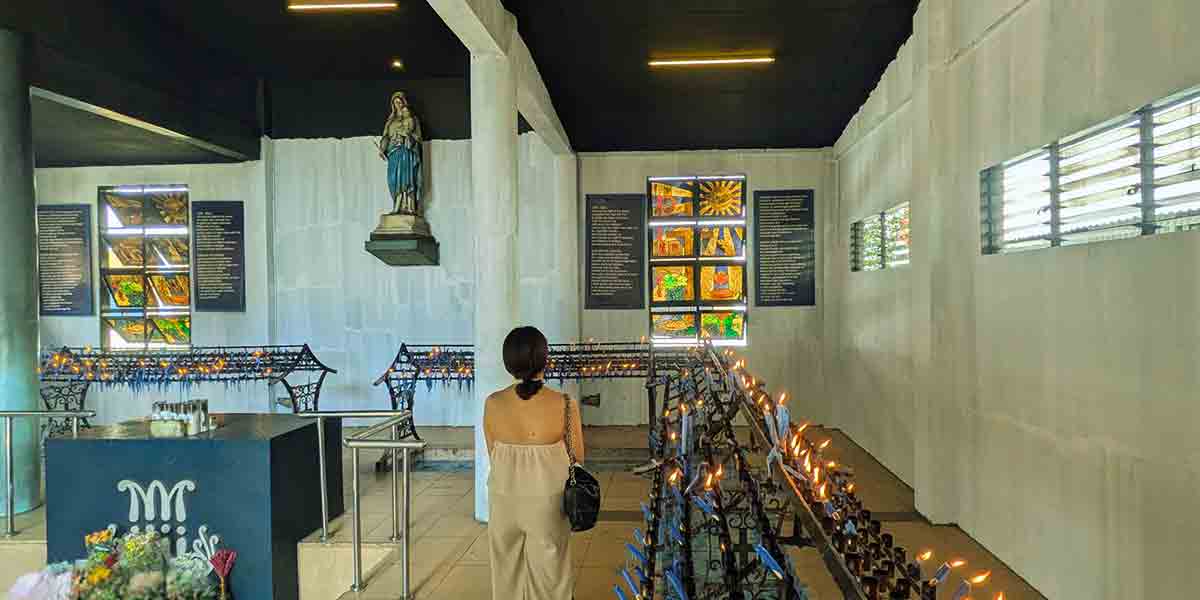
By Francis Allan L. Angelo
Amidst rising environmental concerns, the Department of Finance (DOF) has put forward a groundbreaking proposal to industry stakeholders: an excise tax on single-use plastic bags (SUPs), marking a bold step in the Philippines’ commitment to combating climate change and fostering economic growth.
In a briefing on March 6, 2024, the DOF outlined its strategy to address the pressing issue of plastic waste management through fiscal policy. Undersecretary Karlo Fermin S. Adriano, Officer-in-Charge of the DOF’s Fiscal Policy and Monitoring Group (FPMG), explained the rationale behind this move to tax SUPs.
“When a good has some negative externalities, meaning the consumption or use of a product causes some social cost, we try to regulate that through taxation,” he said, emphasizing the environmental impact of mismanaged single-use plastics.
This proposed measure is not merely a revenue-generating tactic but part of a larger global initiative to reduce pollution and encourage sustainable practices. Adriano assured stakeholders that this was a fair approach, consistent with existing government strategies to regulate the consumption of products like tobacco and alcohol that bear social costs.
The DOF suggests a weight-based excise tax of PHP 100 per kilogram on SUP bags, including an annual indexation of 4% beginning in the third year after implementation. This method promises a more equitable tax administration compared to the current tax rates per bag, which are significantly lower in the Philippines than in countries like the United Kingdom, Ireland, the USA, and Denmark.
The focus is on non-recyclable plastics, specifically “ice”, “labo”, or “sando” bags. This tax would cause the price of these items to rise modestly, from PHP 0.47 to PHP 0.82 for labo bags, and from PHP 0.51 to PHP 0.91 for sando bags.
Projected revenues from this initiative, estimated at PHP 31.52 billion from 2025 to 2028, are earmarked for the Department of Environment and Natural Resources (DENR) to bolster its solid waste management programs across municipalities.
With the World Bank citing the Philippines as the third-largest source of oceanic plastic waste annually, this excise tax initiative is urgent.
Plastics contribute significantly to greenhouse gas emissions throughout their lifecycle, further underscoring the country’s vulnerability to climate change—a threat that could potentially diminish the nation’s economic output by 13.6% by 2040 if unmitigated.
Finance Secretary Ralph G. Recto emphasized the government’s role in educating the public about the detriments of non-recyclable plastics and the pressing need for robust policy intervention.
“It is the government’s duty to raise awareness on the impact of non-recyclable plastics and the irreversible effects of climate change,” he remarked.
Secretary Recto expressed optimism that this measure, ripe for action for over a decade, would gain the necessary legislative backing.
“This is a low-hanging fruit that has been on the table for more than a decade. I am confident that our legislators will support this measure,” he added.
The stakeholder briefing saw participation from a coalition of environmental and industry groups, including the Philippine Alliance for Recycling and Materials Sustainability, the Climate Reality Project Philippines, and the Philippine Plastics Industry Association, signifying a collaborative effort towards a greener future for the Philippines.




















